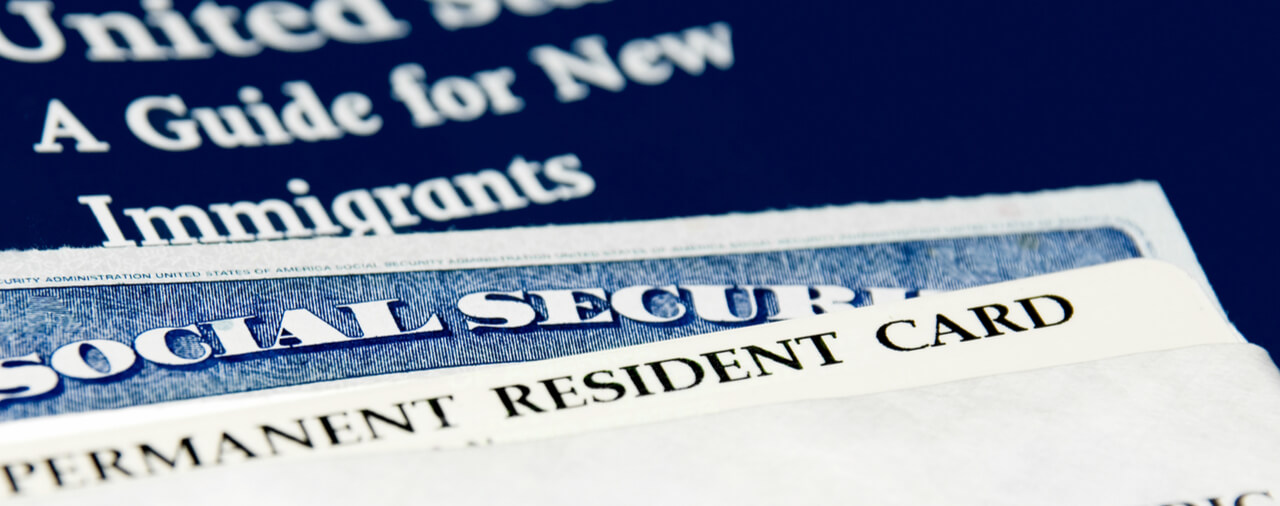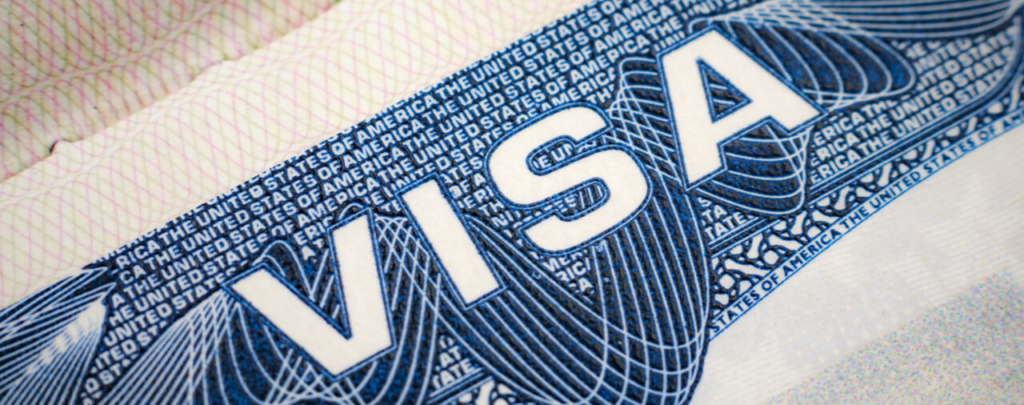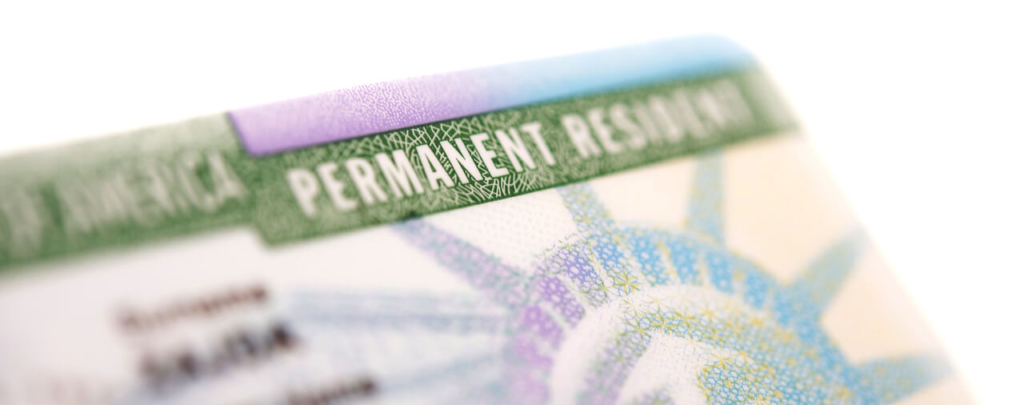
Determining Whether Adjustment Applicant Received Conditional or Humanitarian Parole
The Board of Immigration Appeals held that aliens released on conditional parole instead of humanitarian parole are ineligible for adjustment of status under the Cuban Adjustment Act.




-1024x405.jpg)

